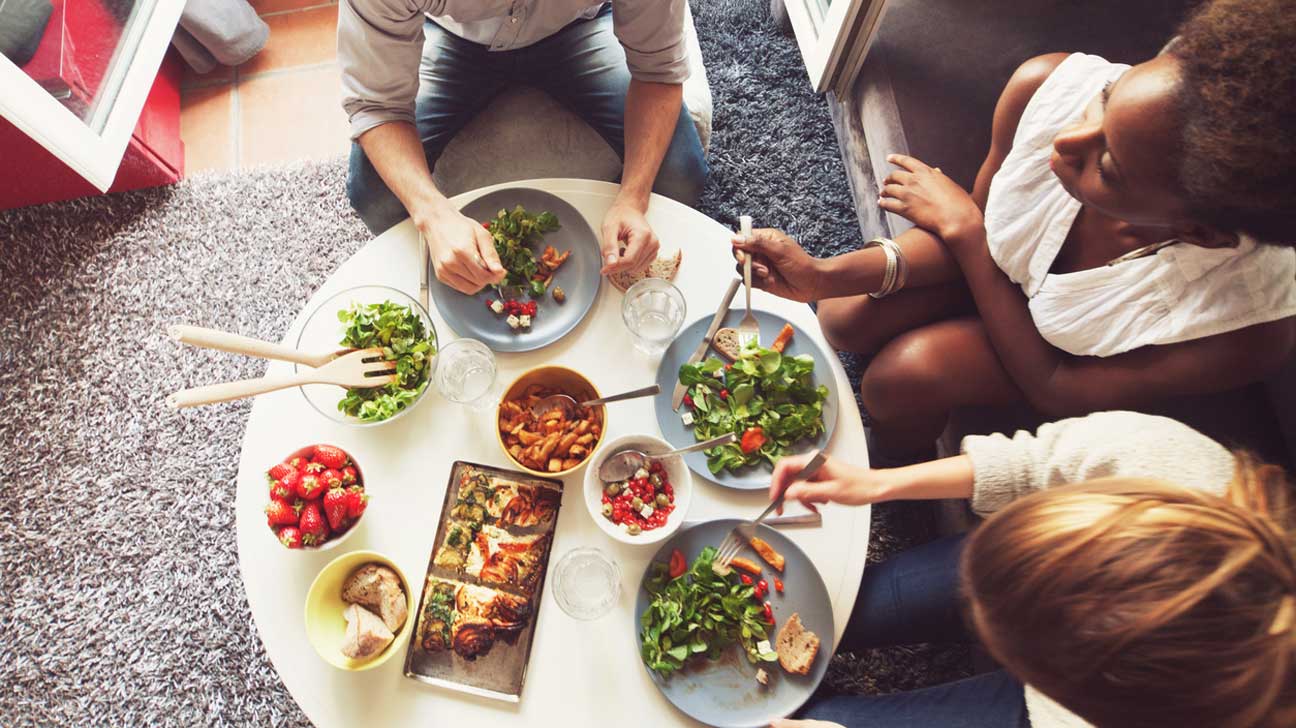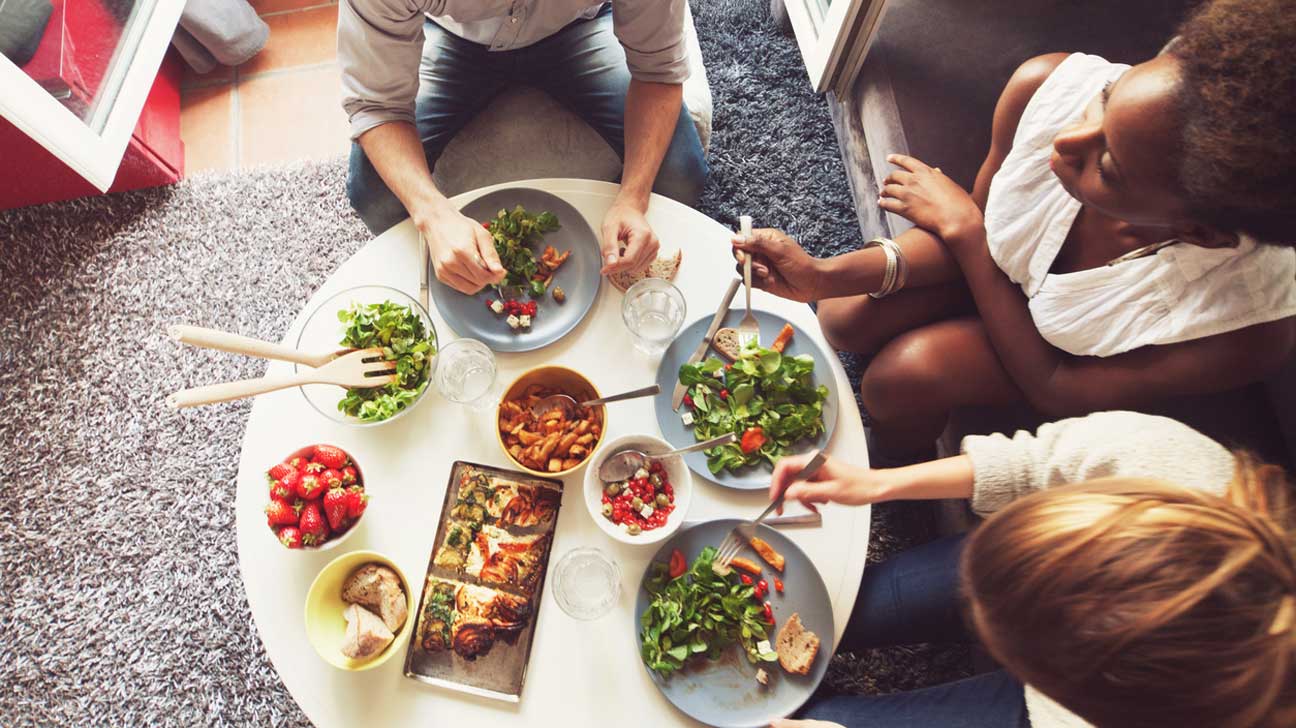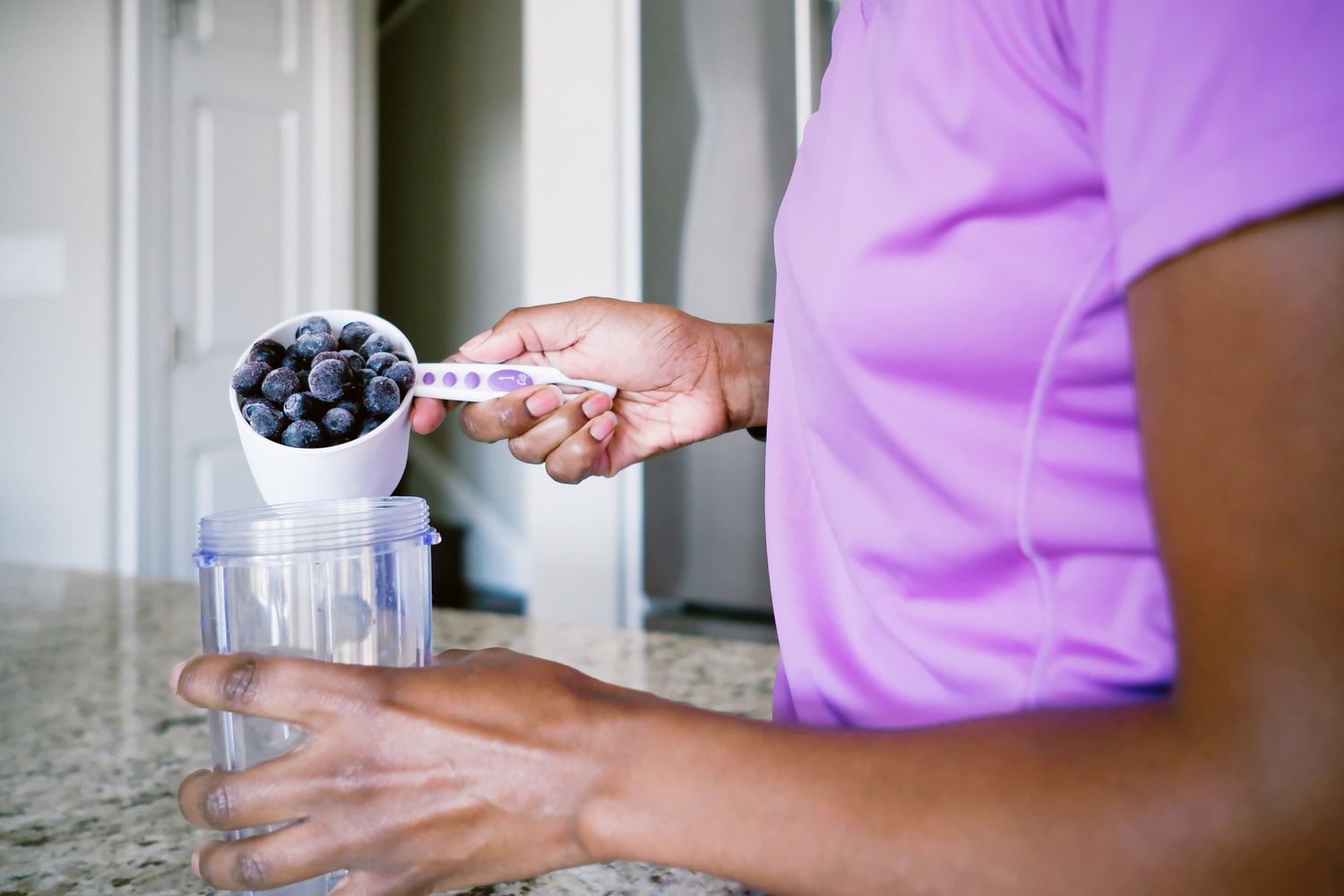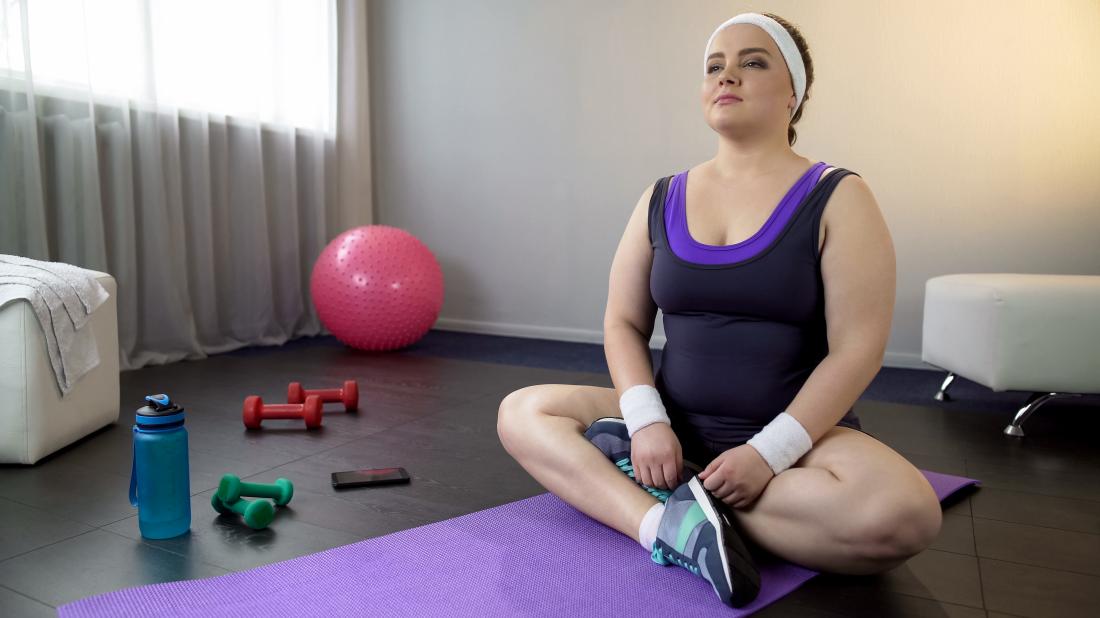The good weather is here, a new year begins or you just want to get in shape. It is a time when many are in a hurry to lose those extra kilos that they have been accumulating over months or years. This is one of the most frequent queries that nutritionist dietitians encounter throughout the year. We continue to search for the perfect and quick diet to lose weight without making great efforts, even if doing so puts our health at risk.

1. Set a clear and realistic goal
Set a realistic and easy-to-achieve goal. As? Looking for a method that allows you to lose weight and then maintain it without compromising your health? What is the best method that I suggest? Change your habits learn to eat more healthily, and adapt a healthier diet or lifestyle to your situation or personal life. Seeing it from this perspective will help you feel more motivated, cope better, and not get so overwhelmed by how many kilos you have to lose per week, since what you have to improve is your behavior when it comes to eating.
2. DON’T obsess over weight
“The best scale is clothes.” You should evaluate your evolution with more objective data such as clothing, which fits you best, whether you can fit into pants that didn’t fit before, and whether you feel more deflated and lighter. The value of the weight varies greatly depending on the moment in which you weigh yourself, the conditions, the amount of water you have drunk, the food you have consumed, the regularity of your intestinal transit, the hormonal cycle in which you are and even the level of stress you currently have. You can monitor your weight to see progress, but it should not be daily or the only parameter to take into account.
3. Distribute your intake in several doses throughout the day
The mistake that people tend to make is thinking that the fewer calories they eat, the better. Skipping breakfast or going to bed without dinner does not help; on the contrary, it may be taking you away from your goal without realizing it. If we spend many hours without eating, anxiety or voracious hunger may appear, which predisposes us to consume unhealthy foods that cause a spike in glucose in our blood, so we will feel hungry again shortly; on the other hand, the body interprets this situation as fasting and can favor the body’s adaptation to energy saving. The recommended number of meals per day will vary depending on our schedule, habits, and lifestyle, but the recommendation to lose weight is to eat more than three meals a day. Complete breakfast, lunch, and dinner with a mid-morning snack or a healthy snack. Nor is it worth skipping meals to “compensate for excesses” since we predispose the body to the situation mentioned and do not favor the acquisition of good habits.
4. Learn to say NO and identify possible SABOTEERS
The saboteur is that part of you that weakens you by making excuses not to do something you want or have to do. You have to learn to say NO but you also have to learn to eat by your own decision, with knowledge of the facts and not out of inertia, not because the situation leads you to do so, nor because the environment encourages you to do so. You have to learn to decide what YOU most want, the option that best suits your goal or your situation.
5. Include physical exercise in your daily routine
DO NOT exercise as a compensatory method for a poor diet, if so, it will end up taking its toll on you. Physical exercise alone does NOT help you lose weight if you still eat more calories than you expend. Practicing physical exercise regularly will help you lose body fat, prevent the body from adapting to the pattern, and, above all, improve your physical fitness and health since exercise also generates endorphins and provides well-being. Find a sport that you like, that you enjoy and that does not require effort to introduce into your daily routine.
6. Plan your meals.
Make a weekly plan of your meals and based on that, make your shopping list. If the purchase is not planned, you will likely end up eating or snacking on anything, which will harm the quality of your diet and make it difficult to lose weight. The presence of unhealthy foods at home increases the possibility of failure, so it could be said that it is a determining factor of success in the short and long term. Dare to try new things! It is not only the frequency of consumption of different foods that makes the variety and difference in your daily diet but also the way you eat them and present them. It will allow you to enjoy the change you are making more.
7. Use the plate method
When planning your meals and dinners, I advise you to keep in mind the plate method, which will help you ensure that they are balanced, varied, and in limited quantities. Always give preference, with half of your plate, to vegetables, both raw and cooked. With salads, the amount eaten is usually not enough, so you should also not forget to consume vegetables. A quarter of the plate should be proteins in the form of eggs, meat, fish, seafood, vegetable protein, or legumes and the other quarter of the plate should be made up of carbohydrates such as pasta, rice, potatoes, or bread. Dessert can be a piece of fruit or a dairy dessert.
8. Prioritize the consumption of water over other types of drinks
It is the main component of our body. Maintaining a good state of hydration is very important and it is recommended to drink 1.5 to 2 liters of fluids a day. In addition to being the best resource to quench our thirst, it can help us control the urge to hunger by helping us feel more satiated during the day.
9. Be constant and persevering with your goal
Don’t give up at the slightest failure in the pattern. Think that what you are doing is a change in habits, so you should not demand that you do it perfectly, but rather maintain it over time and make small improvements. Any progress in your behavior, in your way of eating, is progress towards your goal that will allow you to achieve it and, above all, maintain it.
10. Take care of your free time, your body, and your rest, and love yourself a lot
Do activities that you find pleasurable and that help you escape from problems and release stress. If your life is full of pleasant things, you will not need to fill your stomach at all hours or release your stress with food. Furthermore, living without so much stress is the secret to a better quality of life. Take care of yourself on an emotional level.






